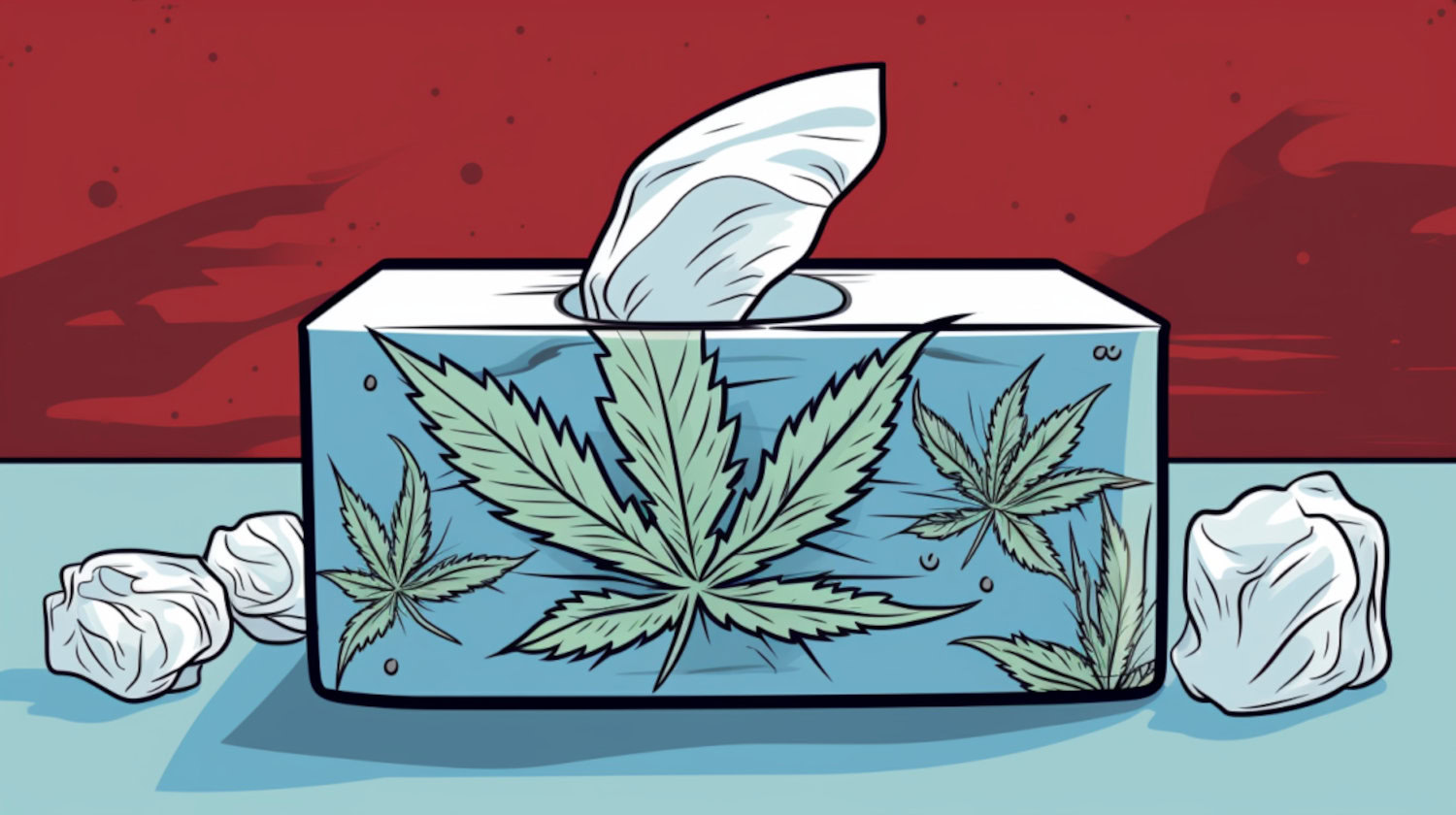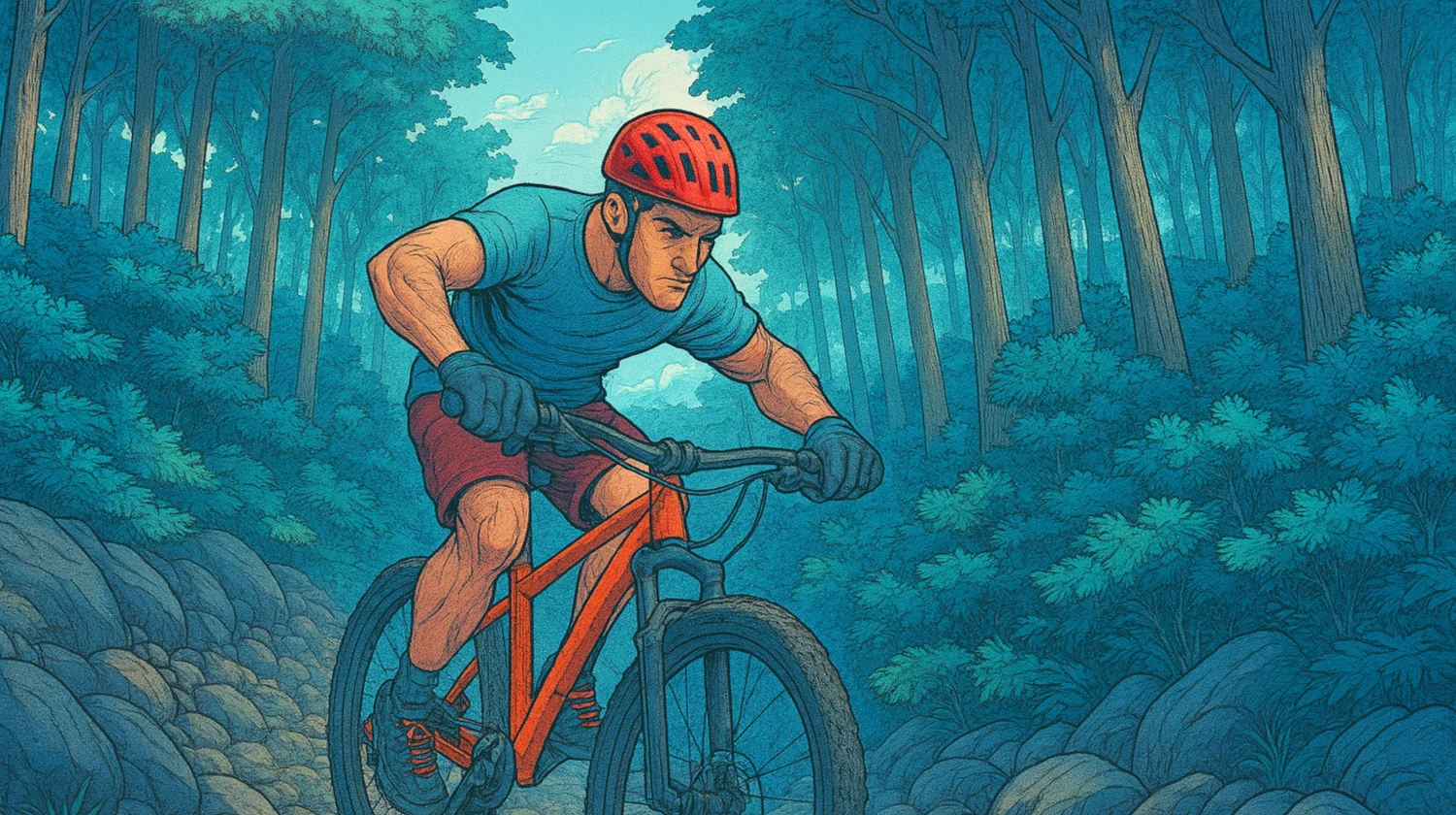According to the CDC, 31.8% of U.S. adults suffer from some form of allergy. And seasonal allergies make up a big chunk of that number. The Asthma and Allergy Foundation of America states that roughly 26% of adults and 19% of children were diagnosed with hay fever in 2021.
With nearly a third of American adults experiencing some sort of allergy, and over a quarter of adults suffering from seasonal allergies, there are millions of people seeking relief. Antihistamines, like hydroxyzine, are commonly prescribed to relieve symptoms like itching.
Hydroxyzine and cannabis are both prevalent in the U.S. This has left many consumers asking if hydroxyzine and medical marijuana can be safely used together.
While each one is considered to be relatively safe on its own, and they may help alleviate many of the same symptoms (though in different ways), there are some concerns when using them together. Before you use cannabis and hydroxyzine together, it’s important to have a good idea of the possible effects of the combination.
What is Hydroxyzine?

Hydroxyzine belongs to a class of medications known as antihistamines, similar to Benadryl. These medications are commonly used to treat allergies. They work by blocking histamine, a chemical the immune system produces to respond to potential threats. If there’s too much histamine, the body will overreact to common substances, like pollen and pet dander, which leads to allergy symptoms.
Hydroxyzine is referred to as a first-generation antihistamine, meaning that it affects the central nervous system by interacting with H-1 receptors. As a result, hydroxyzine also causes drowsiness and may be prescribed to alleviate nausea or suppress anxious feelings.
While antihistamines, like hydroxyzine, are typically considered safe, there are possible side effects, including:
- Tightness or pain in the chest
- Coughing
- Problems swallowing
- Fainting
- Headaches
- Dizziness
- Racing or rapid heartbeat
- Rashes
- Hives
- Unusual or unexplained itching
- Slow heartbeat
- Irregular heartbeat
- Constipation
- Swelling or puffiness in the face, especially around the eyes or mouth
- Unexplained tiredness or fatigue
- Difficulty breathing
- Confusion
Though rare, hydroxyzine also has several even more severe side effects, including:
- Seizures
- Trembling or uncontrollable shaky movements
Hydroxyzine is also known under a few common brand names, which include:
- Atarax
- Hypam
- Orgatrax
- Vistaril
Combining Cannabis and Hydroxyzine: What the Latest Research Says

There isn’t much research on how cannabis and hydroxyzine work together. But many experts warn that using them at the same time can be risky.1
Both can make you very drowsy, which is why they’re often used to help people sleep. Taking them together could make you feel overly tired, groggy, or slow to react. This could make it dangerous to drive, use machinery, or even go about your day safely.
Cannabis and hydroxyzine may also lower blood pressure, which could lead to dizziness or fainting. Hydroxyzine is a central nervous system depressant, meaning it slows down brain activity. Using it with cannabis could make that effect stronger and, in rare cases, affect your breathing.
Some people are also allergic to cannabis, though it’s rare.2 Reactions depend on how you use it. Smoking or vaping might cause coughing or a runny nose. Edibles can cause stomach issues. Topicals might cause rashes or skin irritation.
Cannabis has been studied for its anti-inflammatory properties, which could help with pain, soreness, or sleep, all common allergy symptoms.3 Cannabinoids like CBD and CBG may play a role, and some research suggests that terpenes and cannabinoids might work better together (called the “entourage effect”).4 But more research is needed.
Hydroxyzine is already used to treat some of the same symptoms. But using both together won’t necessarily make things better. In fact, it could make side effects worse or lead to new problems.
If you’re thinking about using both, talk to your doctor first. It’s the best way to avoid unwanted effects and make safe choices for your health.
Are You Considering Using Cannabis and X?

Combining cannabis with any substance or medication carries its own risks. Cannabis research is still in its earliest stages, and there is a lot that researchers still don't know. That leaves the door open for unexpected interactions with other substances. If you are considering combining cannabis with any other substance or medication, speak to your doctor for proper medical guidance.
Likewise, stopping the use of a prescribed medication can lead to unintended consequences. Many medications take time to build up in the body. Stopping suddenly can cause unpleasant and potentially serious or even fatal side effects. If you'd like to stop using or replace a medication, you need to follow the guidance of your medical provider to make any approved adjustments safely.
References
1. Mayo Clinic. “Marijuana.” Mayo Clinic, 2017, www.mayoclinic.org/drugs-supplements-marijuana/art-20364974.
2. Jackson, Bradley, et al. “An Emerging Allergen: Cannabis Sativa Allergy in a Climate of Recent Legalization.” Allergy, Asthma & Clinical Immunology, vol. 16, no. 1, 26 June 2020, https://doi.org/10.1186/s13223-020-00447-9. Accessed 2 July 2021.
3. Henshaw FR, Dewsbury LS, Lim CK, Steiner GZ. The Effects of Cannabinoids on Pro- and Anti-Inflammatory Cytokines: A Systematic Review of In Vivo Studies. Cannabis and Cannabinoid Research. 2021;6(3):177-195. doi:https://doi.org/10.1089/can.2020.0105
4. Anil SM, Peeri H, Koltai H. Medical Cannabis Activity Against Inflammation: Active Compounds and Modes of Action. Frontiers in Pharmacology. 2022;13. doi:https://doi.org/10.3389/fphar.2022.908198
The information in this article and any included images or charts are for educational purposes only. This information is neither a substitute for, nor does it replace, professional legal advice or medical advice, diagnosis, or treatment. If you have any concerns or questions about laws, regulations, or your health, you should always consult with an attorney, physician or other licensed professional.




